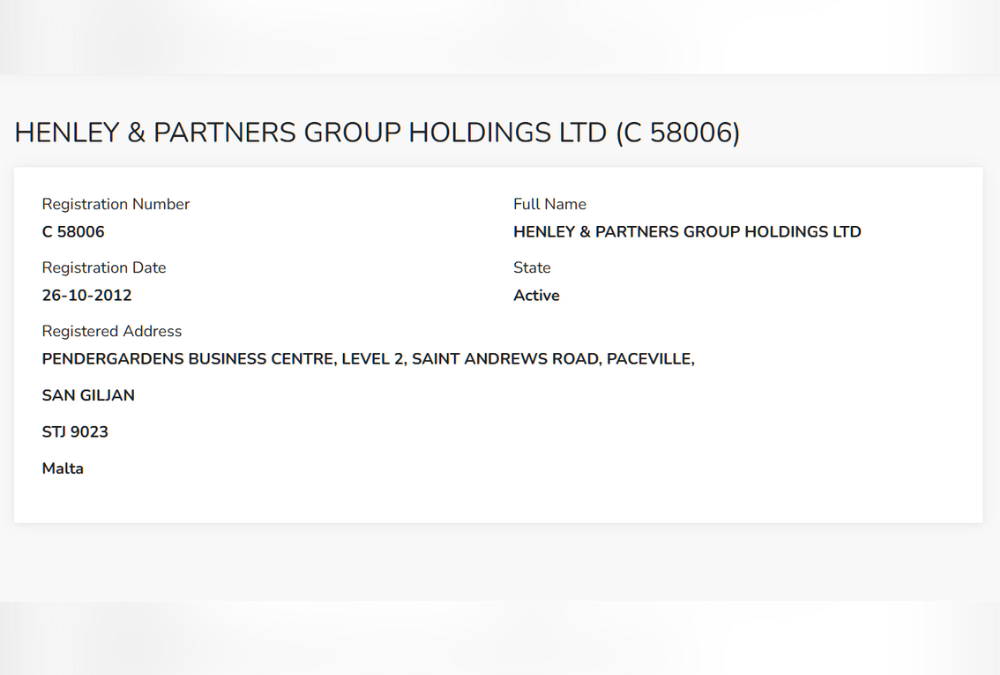2012 will be a tough one to explain to posterity.
On January 6, anyone who was around at the time remembers the surreal scene in which former Nationalist MP Franco Debono dragged reporters to his house in the evening so they could look at his St Aloysius College report cards.
At the time, Debono, together with his fellow blackguard troops within the Nationalist Party – current MCST Chairperson and former Nationalist MP Jeffrey Pullicino Orlando, disgraced former EU Commissioner John Dalli, and former Nationalist MP Jesmond Mugliett – were more and more openly defying the party whose ticket they used to become MPs. The defiance went beyond rebellion against the party’s hierarchy. It took on the form of an increasingly overt mutiny which was carried out in collaboration with then Opposition Leader Joseph Muscat’s Labour Party.
While the conspiracy was already in motion by 2011, 2012 was the year it went into overdrive.
Through abusive, trumped-up motions of no confidence in several key figures within the Nationalist Party’s government, along with reams upon reams of disingenuous propaganda being constantly pumped out by the Labour Party machine and extremely dangerous stunts like declaring that the Opposition would not vote for the Budget before it was even announced, the Labour Party successfully engineered an atmosphere of severe instability and dissatisfaction, all the while chastising prime minister Lawrence Gonzi for failing to contain the political crisis.
“So let’s see, now. Joseph Muscat uses his personal friendship (or shall we say, user-user relationship) with Jeffrey Pullicino Orlando to create as much havoc as possible for the Nationalist Party. He makes it transparent that the two of them – nasty, ill-bred, squalid little men that they are – are working in tandem on this,” Daphne wrote.
“But then he turns around and with the other side of his mouth, he says look, Lawrence Gonzi had better solve this crisis. Ah but Joseph, if you’re so concerned about the crisis in the country, why did you work to create it in the first place? Bleeding hypocrite. We’re not all Labour voters, you know. Some of us can see straight,” she added.
Consistent with patterns that were always present within the Labour Party but were then amplified since Muscat came to power, Daphne was very much in their crosshairs. Trolls regularly flooded her inbox and comments sections with hate, and the Labour Party’s media machine was as obsessed with her as ever.
The obsession peaked whenever any mention was made of former prime minister Dom Mintoff’s ailing health was made. The response to Daphne’s “may he rot in hell” comment following Mintoff’s death was arguably the most vicious slew of hatred she ever received throughout the nine years she spent writing on her running commentary blog.
Besides being consistently targeted by propaganda and mass hate, Daphne was also constantly subjected to multiple calls to effectively muzzle her, another repeat pattern that had built up in scale and intensity throughout Muscat’s tenure as Leader of the Opposition and reached a peak that year. Her website was also subjected to a distributed-denial-of-service attack, a coordinated form of digital sabotage which essentially overwhelms a website and precludes it from functioning.
As was later confirmed by a sweeping investigation carried out by The Shift News, Daphne had already started tracking online hate groups on Facebook which were solely dedicated towards calling for Daphne to be arrested, lynched, and for all intents and purposes, stopped from carrying out her work by any means necessary. Several high-ranking members of the Labour Party, some of whom are still serving in Cabinet today, were present in these groups before making a hasty exit when they were outed.
At this point in time, the no-holds barred approach of the Labour Party extended to pretty much anyone who was perceived as an enemy, and no move was too underhanded – even if it involved outright falsehoods that amounted to a clear perversion of democracy.
The Labour Party also got busy setting up more and more new websites meant to further undermine the government as it sought to lump all of its detractors into one, convenient hate basket.
In January, the Labour Party’s Maltastar published a completely made-up story about how the minister of health’s wife went to his office and yelled at him for taking a pay-cut, which would mean that they didn’t have enough money to do up their farmhouse.
“The Health Minister (Joe Cassar), a reserved sort of chap, was understandably horrified and kicked up a fuss. He couldn’t understand how they could do something like that. Maybe, despite being a really good psychiatrist, he hasn’t yet worked out just what a horrid, nasty little snake that Evarist ‘Maria l-Maws’ Bartolo is, and he’s now in charge of Maltastar so expect worse,” Daphne wrote when covering the story.
Maltastar’s response was not an apology, but a justification, gaslighting the minister by maliciously implying that he kicked up a fuss about it because it was true while describing their own story as “trivial political gossip”.
“Trivial political gossip, eh? Telling the nation that a government minister’s wife screamed his office down because he took a pay-cut, without a shred of evidence, and exposing the two of them to scorn and insults, is ‘trivial gossip’,” Daphne added, further pointing out that whenever anyone wrote anything disparaging about or even merely critical of the Labour Party, their reaction went far beyond than merely kicking up a fuss.
This was only the beginning of what would later become a total fusillade on every single government and/or Nationalist Party functionary they could swipe at. The Labour Party’s all-out war on ‘The Enemy’ was so vicious in its rage that it often missed the mark by a long shot, distracted as it was by the scent of blood in the air.
One example of this was a motion of no-confidence which was meant to be filed in Gonzi’s regard but was instead filed against the government as a whole – a blunder concocted by the man who would go on to become a thrice-appointed Speaker of the House, Anġlu Farrugia.
The motion, which was spurred by Franco Debono’s incessant tirades against Gonzi who steadfastly refused to appoint him to his desired stations (one of which, ironically, included the seat which Farrugia occupies now), was defeated when Debono refused to vote in favour of a motion condemning the whole government rather than Gonzi specifically.
The same approach – which always relied on at least one MP from the Nationalist Party going turncoat, given that the Nationalist Party had a tenuous one-seat majority throughout the whole legislature – was eventually successfully deployed against former home affairs ministers Carm Mifsud Bonnici and Francis Zammit Dimech as well as former right-hand man to prime minister Lawrence Gonzi and key EU accession negotiator, Richard Cachia Caruana.
As if there wasn’t enough going on, on October 19, John Dalli, who had just spent years kvetching about Gonzi and the Nationalist Party on the Labour Party’s television station, suddenly had the Snus Gate scandal blow up in his face. A press release published by OLAF, the investigating body which was responsible for the probe into Dalli’s affairs, was summarised as follows:
“The OLAF investigation found evidence that a Maltese entrepreneur, who had organised meetings between Commissioner DALLI and representatives and lobbyists of snus producers, repeatedly requested a considerable sum of money from the snus industry in exchange for the adoption of a proposal for the lifting of the ban on snus, trading on the name of the Commissioner. This request was declined by the snus industry and no payment or financial transactions have taken place.”
Articles published shortly thereafter, quoting OLAF’s Giovanni Kessler, stated that there was clear evidence Dalli was aware of the bribery solicitation attempt.
One thing was certainly clear beyond all reasonable doubt that year – that the primary focus of all of the bad actors called out in Daphne’s writing at the time was the promotion of their personal interests at the detriment of society’s overall stability and well-being.
In fact, with the benefit of hindsight and a lot of digging carried out by both Daphne herself as well as other journalists who followed up on her work afterwards, we now know that moves were already being quietly made offshore by players who would later find themselves in the eye of the political storm that was Panama Papers.
That year, a hardly known accountant at the time by the name of Brian Tonna had quietly set up a British Virgin Islands company called SPX Services Ltd. The company was later connected to him when it was cited in the leaks.
What was far more significant was the fact that, months ahead of any hint of a general election in which the Labour Party failed to ever mention their clearly set plans to sell Maltese passports, another major player that was linked with Cambridge Analytica and several high-profile scandals across the globe, Henley & Partners’ Christian Kalin, incorporated Henley & Partners Group Holdings Ltd on 26 October, 2012.



